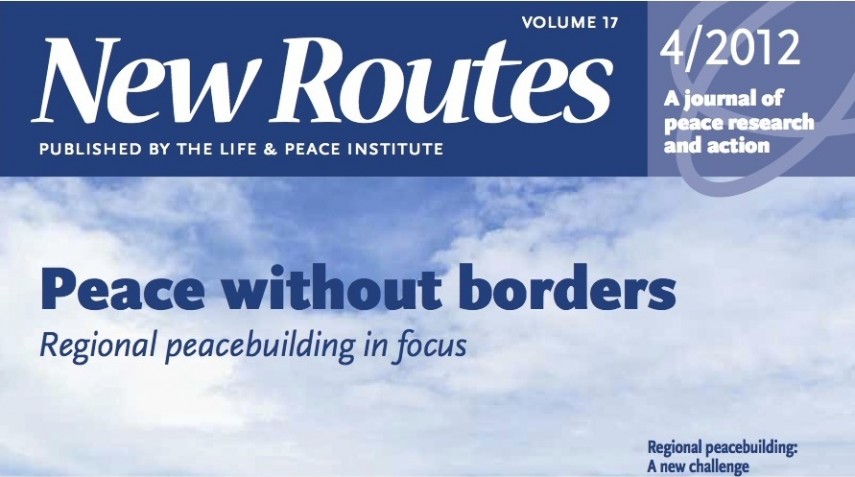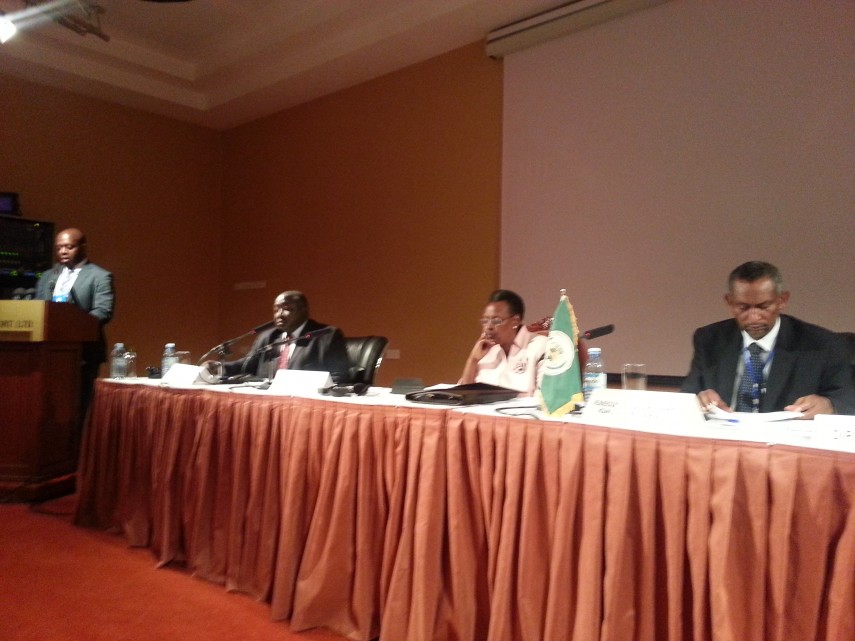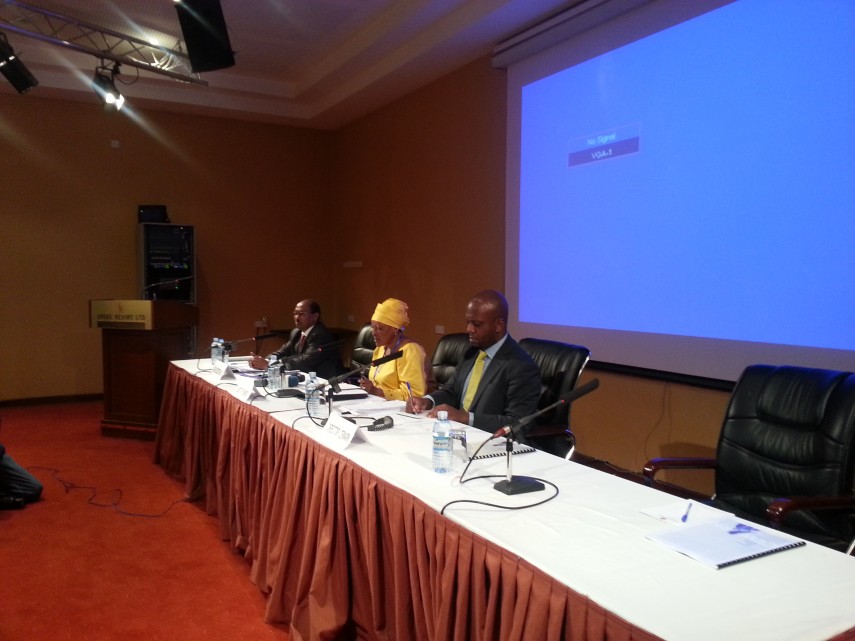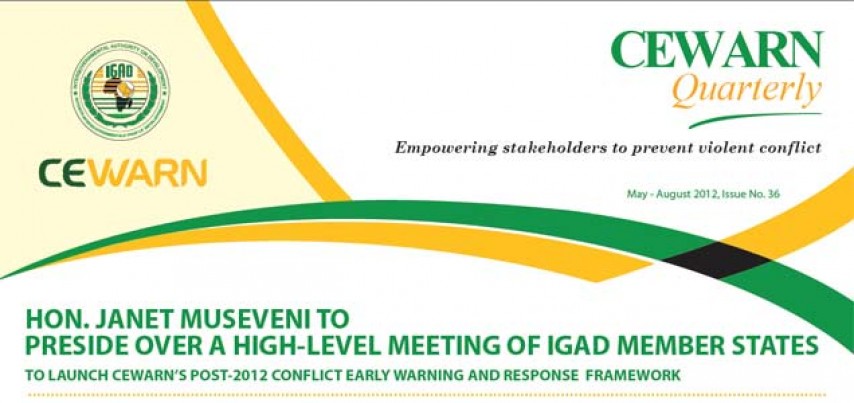Call for Application: Mapping of Information Collection Methodologies to aid Early Warning
Call for Application: Mapping of Information Collection Methodologies to aid Early Warning CEWARN is looking for competent individuals from the region to undertake studies that map effective and available means/methodologies […]






